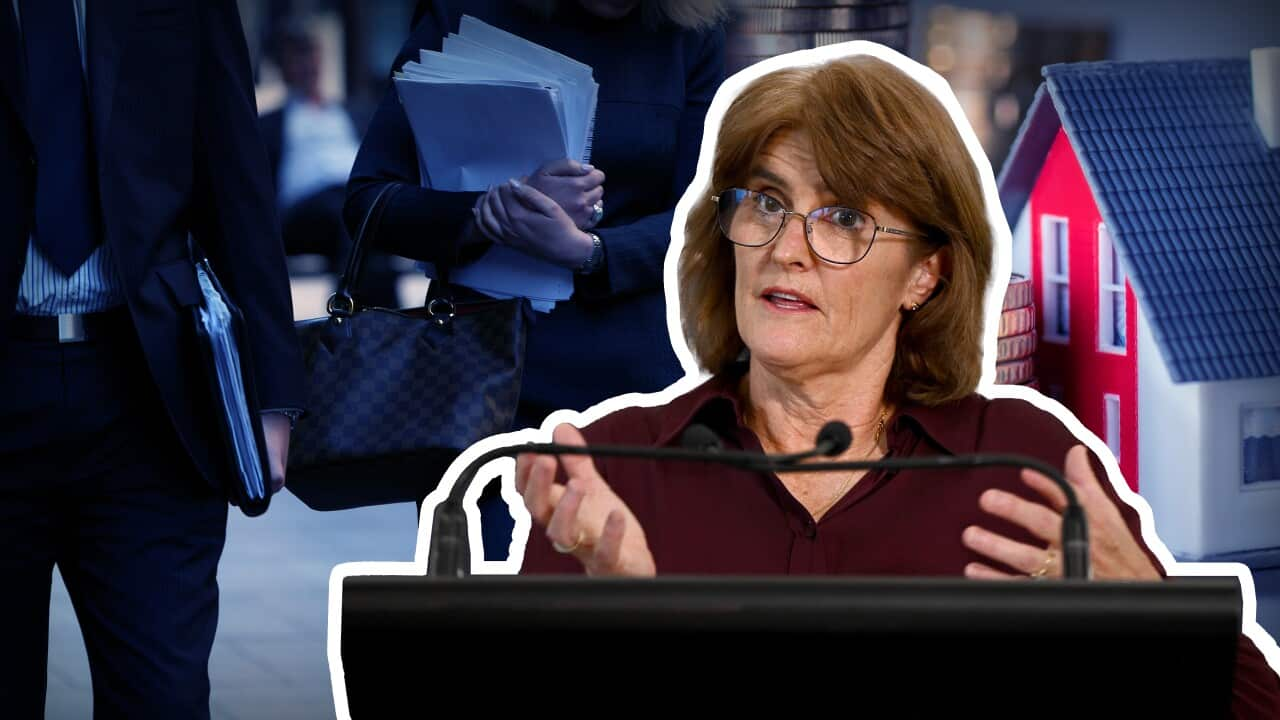Key Points
- The Reserve Bank of Australia is set to announce whether interest rates will change.
- After 13 increases to interest rates across 2022 and 2023, there have not been any hikes this year.
- Most Australian economists are in agreement about what the RBA will decide this month.
An increase to interest rates
“The potential risk for a rate hike came after the last quarterly inflation data, which was stronger than expected for the trimmed mean in particular and then the monthly data after that, which was a little bit stronger as well,” Mousina said.

Diana Mousina, deputy chief economist at AMP, is tipping the RBA to keep rates on hold at 4.35 per cent. Source: Supplied
“But we don’t think that there’s been anything in the data within the last month that would suggest the need for a near-term rate hike, or a rate hike on Tuesday at least, because there’s just no real justification for it.”
“There’s many signs that interest rates are working as the Reserve Bank would like them to through weakening consumer spending, through slowing housing construction, the flow through to the economy, and some weakening in the labour market,” she said.

There were 13 interest rate hikes between 2022 and 2023. Source: SBS News
Cut rates or keep as is?
A survey of 43 economists by Reuters found all tipped the official cash rate to remain unchanged following this week’s two-day meeting.
Commonwealth, NAB, and Westpac banks also predict rates will stay unchanged through the third quarter.
Reasons to hold
“Firstly, any potential inflationary impacts of budget cost of living handouts and stage three tax cuts would only materialise over the course of the next four to six months,” she said.

People with a variable interest rate mortgage will likely be interested in the RBA’s decision on Tuesday, as it could have a direct impact on their budget. Source: AAP / Dan Himbrechts
“Secondly, despite the labour market remaining relatively tight, there are signs that hiring intentions are easing, which should help moderate wage growth in the near future, further supporting the modest wage revisions by the Fair Work Commission.”
Looking to the rest of the year
“Growth is soft, unemployment should rise over coming months and wage growth has likely peaked. As this happens, we think the RBA will become more confident inflation, including services inflation, will slow … [and] will allow a gentle easing cycle to commence around November.”
With additional reporting by Reuters.
